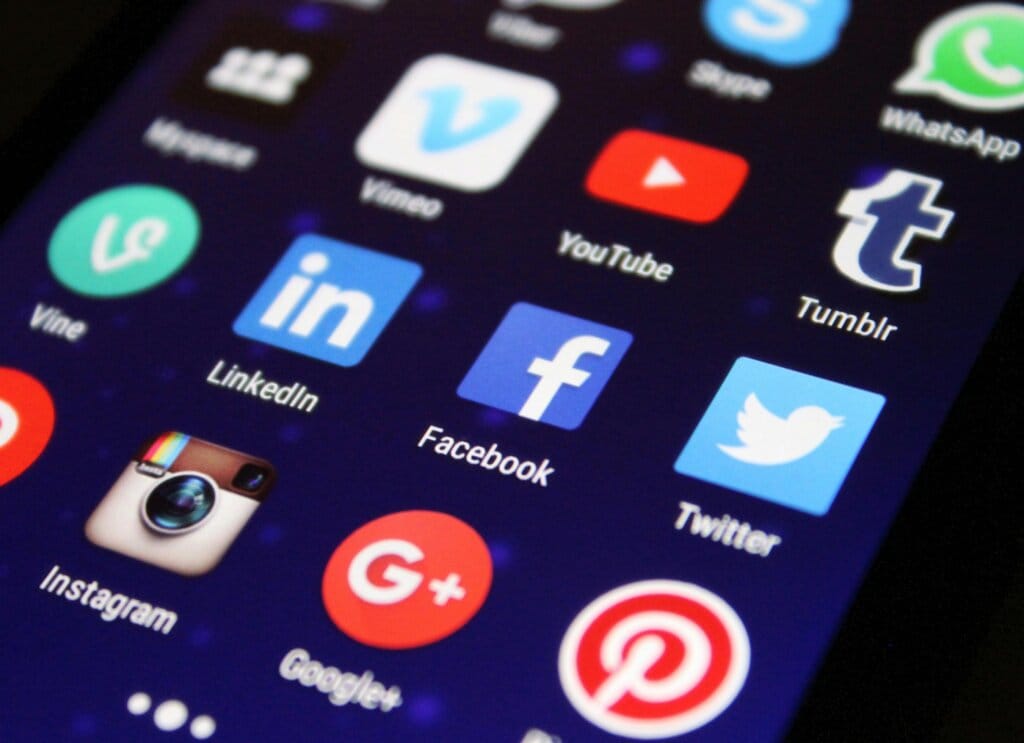Artificial Intelligence (AI) is changing businesses, industries, and everyday life at a rate never seen before.
It is anticipated that AI will grow ever more potent, integrated, and accountable as 2025 approaches.
The world is on the verge of an AI-driven revolution thanks to developments in robotics, machine learning, natural language processing, and ethical AI.
This article examines the major developments, trends, and difficulties that artificial intelligence will encounter in 2025.
More Advanced and Human-Like AI
The development of increasingly sophisticated, human-like models with the ability to reason, be creative, and solve problems will be one of the largest advancements in AI by 2025.
Although ChatGPT and other current AI models are currently adept at comprehending and producing language, the following stage will see AI:
- Improving one’s capacity for reasoning and contextual awareness.
- Displaying improved emotional intelligence in social situations.
- Producing nearly human-level unique content, including stories, music, and artwork.
These developments will result in chatbots, virtual assistants, and automated systems driven by AI that are increasingly intelligent and able to make difficult decisions.
AI in Healthcare: Revolutionizing Medicine
artificial intelligence is expected to change healthcare in a number of ways, such as:
Early disease detection: Artificially driven diagnostic systems will be able to identify problems like cancer, Alzheimer’s, and heart disease early on.
Personalized medicine: Artificially powered personalized medicine will use genetic data analysis to suggest tailored drugs and therapies.
AI-assisted operations: By using robotics and artificial intelligence to do less invasive and more accurate procedures, human error will be decreased.
Support for mental health: artificial intelligence chatbots and virtual therapists will offer mental health assistance, increasing access to psychological therapy.
By 2025, Artificial powered healthcare will increase efficiency, lower costs, and improve patient care.
AI-Powered Autonomous Vehicles
Rapid advancements in self-driving technology could lead to the widespread use of autonomous vehicles in 2025.
Fully autonomous vehicles are being developed by firms like Apple, Waymo, and Tesla.
artificial intelligence will Improve decision-making in real time to improve navigation and reduce accidents.
Reduce congestion and enhance traffic management.
Connect the transportation system to smart city infrastructure to make it more interconnected.
Artificially driven autonomous vehicles will have a big influence on urban mobility and safety, even though there are still legislative obstacles to overcome.
AI and the Future of Work
The nature of labor is predicted to change as artificial intelligence automates repetitive jobs across industries.
Some significant advancements are as follows:
Artificial recruiting: artificial intelligence will simplify the hiring process, increasing its effectiveness and removing bias.
artificial intelligence will support humans rather than replace them, creating an augmented workforce that will increase productivity in industries like marketing, finance, and customer service.
New job roles:
artificial intelligence ethics, artificial intelligence maintenance, and Artificially driven creativity will all see an increase in employment as artificial intelligence replaces routine tasks.
Businesses will have to retrain their employees to adjust to Artificially driven developments, making sure that human knowledge enhances machine effectiveness.
AI and Creativity: The Rise of AI-Generated Content
Artificially-generated content is already having a big impact on industries including video production, music, and writing.
By this year, artificial intelligence will:
Produce articles and ads with user-specific content in mind.
Help artists and musicians create original compositions.
Create artificial intelligence video editing software that needs little assistance from humans.
But as artificial intelligence creativity grows, worries about originality, authenticity, and copyright increasingly surface, sparking debates about the moral use of artificial intelligence in creative industries.

Ethical AI: Addressing Bias and Responsibility
Ethical issues will become more prominent as AI grows in strength.
Tech firms and governments will have to:
- Create laws to stop discrimination and bias in artificial intelligence.
- Make sure artificial intelligence decision-making procedures are transparent.
- Enforce stringent data privacy regulations to safeguard user data.
The idea of “Responsible AI” will become essential in order to guarantee that artificial intelligence is applied in a way that is impartial, equitable, and constructive.
Artificial intelligence in Smart Cities and IoT
Urban living will become more efficient with the integration of artificial intelligence with smart cities and the Internet of Things (IoT).
By 2025, artificial intelligence will:
- Optimize energy consumption by managing smart grids.
- Reduce pollution and enhance waste management.
- Boost public safety with predictive policing and artificial intelligence-powered surveillance.
artificial intelligence-powered automation will make cities more habitable and sustainable.
Artificial intelligence and the Metaverse: A Digital Revolution
The Metaverse, a networked virtual environment driven by augmented reality and artificial intelligence, will keep expanding.
artificial intelligence will:
- Introduce Powerful avatars and virtual assistants that engage with users in a natural way.
- Enhance real-time translation to facilitate smooth international conversation.
- Make incredibly lifelike virtual worlds for business, education, and gaming.
Digital interactions will become more captivating and immersive as artificial intelligence and the Metaverse develop together.
Artificial intelligence and Cybersecurity: Fighting Digital Threats
As artificial intelligence grows , so do the challenges to cybersecurity.
By 2025, artificial intelligence will:
- Real-time cyber threat detection helps stop major attacks.
- Automate cybersecurity procedures for both people and companies.
- Boost the identification of financial transaction fraud.
Protecting digital assets and maintaining online privacy will require cybersecurity driven by artificial intelligence.
Conclusion: The future of artificial intelligence
By 2025, artificial intelligence (AI) will be more potent, moral, and pervasive in daily life, revolutionizing sectors like healthcare, transportation, cybersecurity, and creativity.
The advantages of artificially driven developments exceed the hazards, notwithstanding ongoing issues with artificial intelligence bias, data privacy, and employment displacement.
For artificial intelligence to benefit humanity, responsible development must be the main priority.
2025 will be a pivotal year in the development of artificial intelligence, influencing future technological advancements and human-artificial intelligence interaction due to advances in automation, quantum computing, and ethical artificial intelligence.
Also check: How to be protected from Social Media Scams









